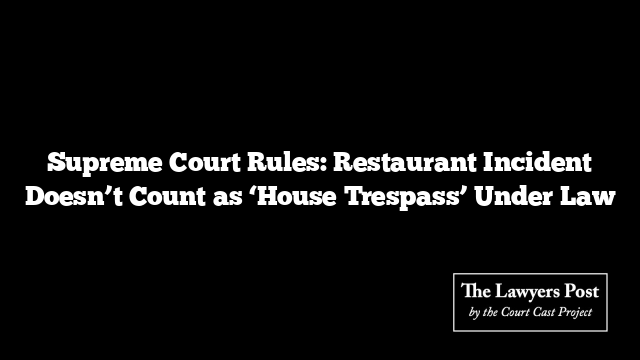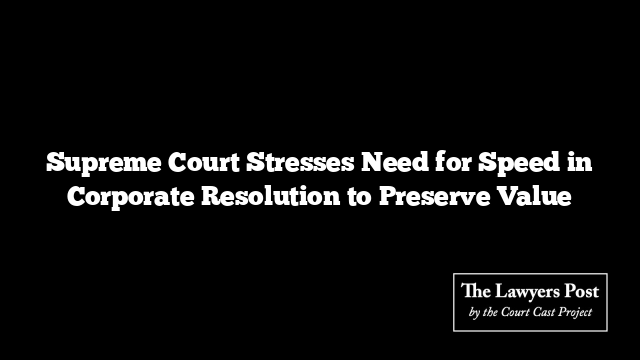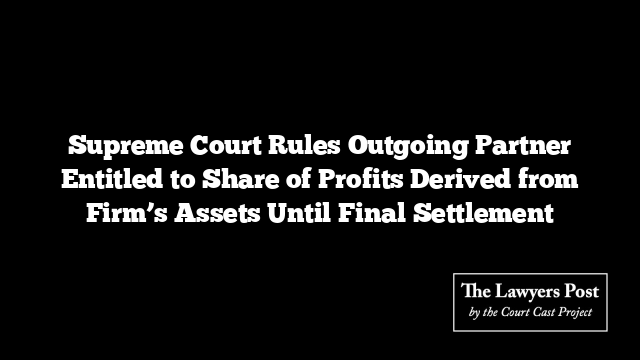In a ruling that shifts boundaries on what constitutes “house trespass,” the Supreme Court overturned the conviction of a man accused of trespassing within a restaurant under Section 452 of the Indian Penal Code (IPC). The court clarified that a restaurant doesn’t meet the legal definition of a “house,” which is essential for the charges laid under this section.
The bench, composed of Justices Bela M. Trivedi and Satish Chandra Sharma, noted that Section 442 IPC—defining house trespass—applies specifically to places used for dwelling, worship, or safeguarding property. Since a restaurant is none of these, the element of “house trespass” was considered unfulfilled, invalidating the conviction under Section 452, which pertains to trespass with intent to cause harm.
The case originated from an incident where the appellant was denied water to mix with alcohol in a restaurant. In response, he allegedly attacked the restaurant owner with a knife, leading to his conviction under Sections 324 and 452 of the IPC by the trial court, a decision later upheld by the High Court. However, upon appeal, the Supreme Court reassessed the context of “house trespass.”
Despite sustaining the conviction for voluntarily causing hurt under Section 324, the Court ruled that the lack of house trespass, as outlined in Sections 441 and 442 IPC, nullified the charges under Section 452. The court emphasized that for “house trespass” to apply, it must involve an entry into or unauthorized presence within a dwelling or other protected space as defined by law, criteria not met by a restaurant.
In the partial allowance of the appeal, the court confirmed the appellant’s sentence under Section 324, retaining his liability for a fine, yet ordered his release, noting he had already served two years in custody.





